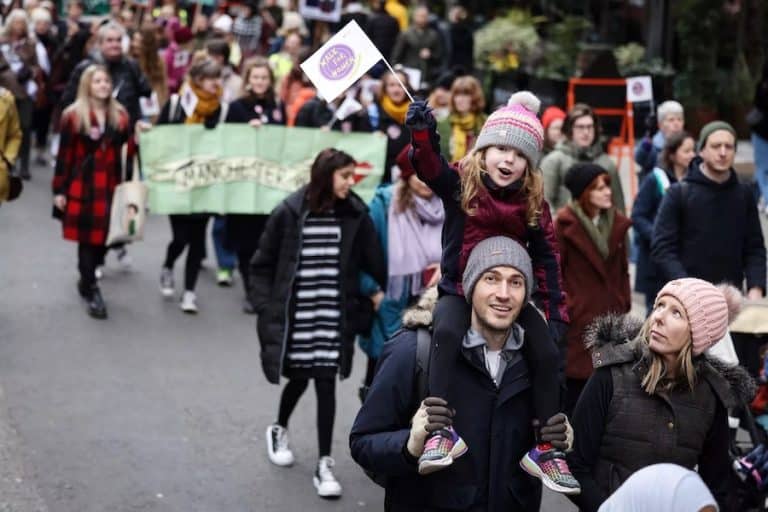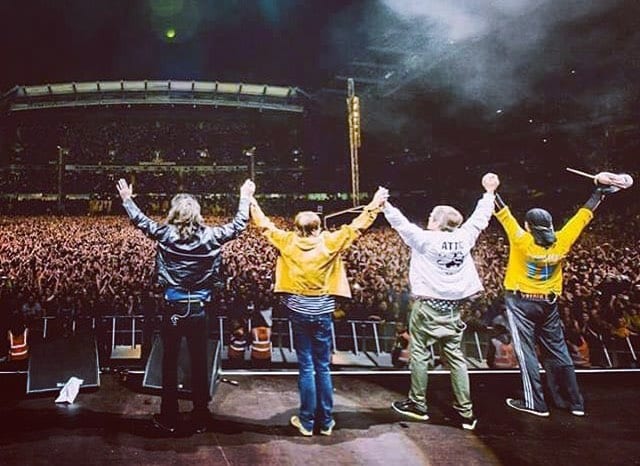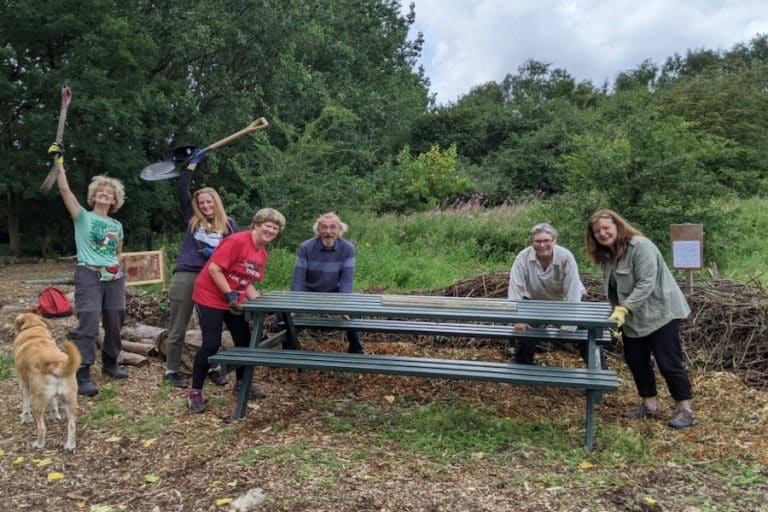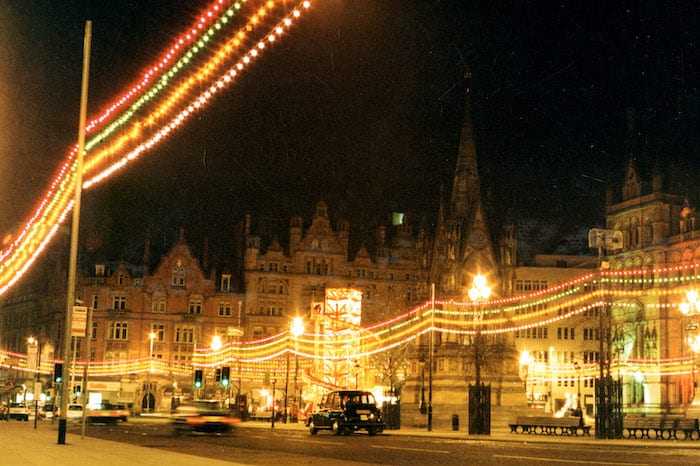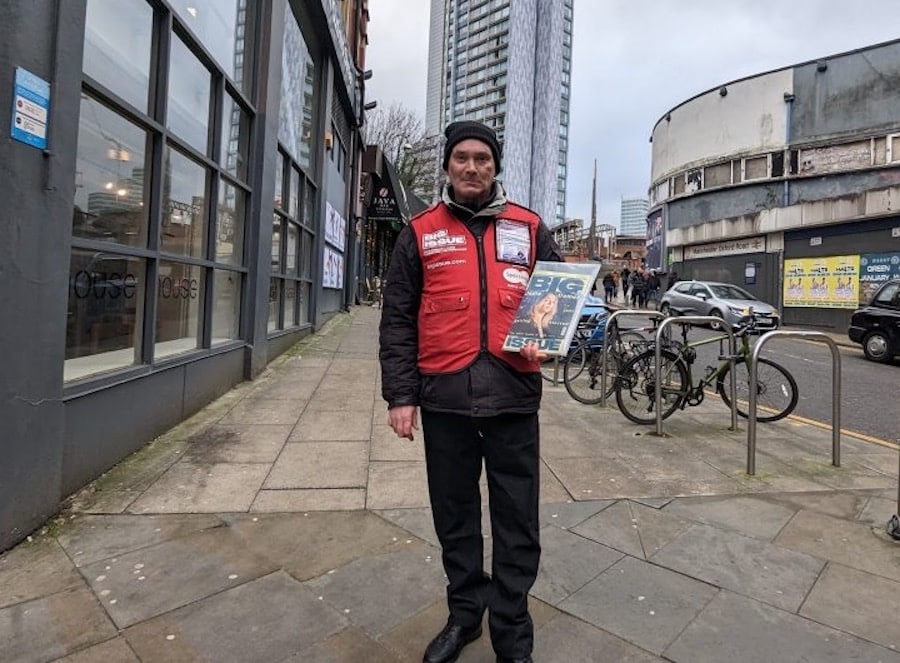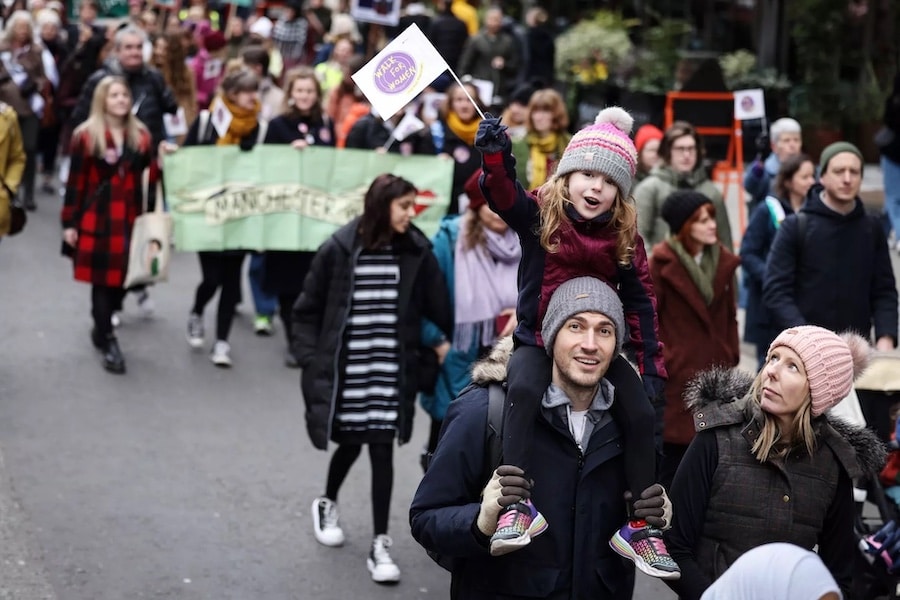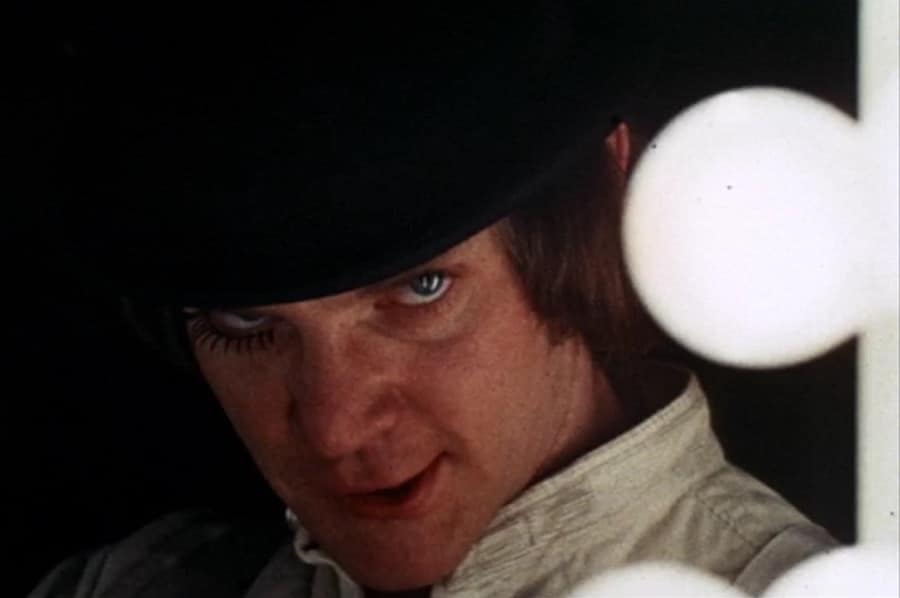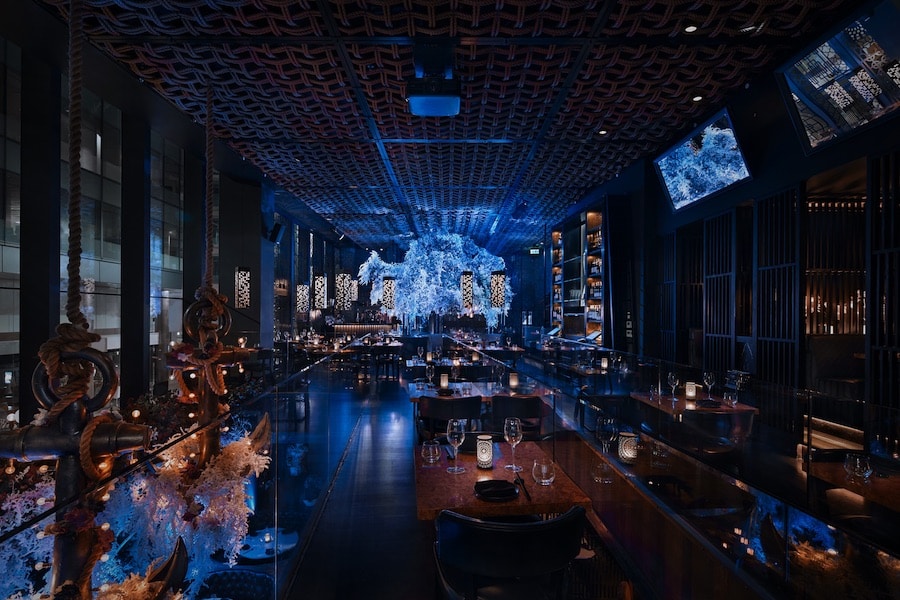Manchester sees licensed premises close as COVID impacts hospitality
- Written by Louise Rhind-Tutt
- Last updated 4 years ago
- Business, Food & Drink
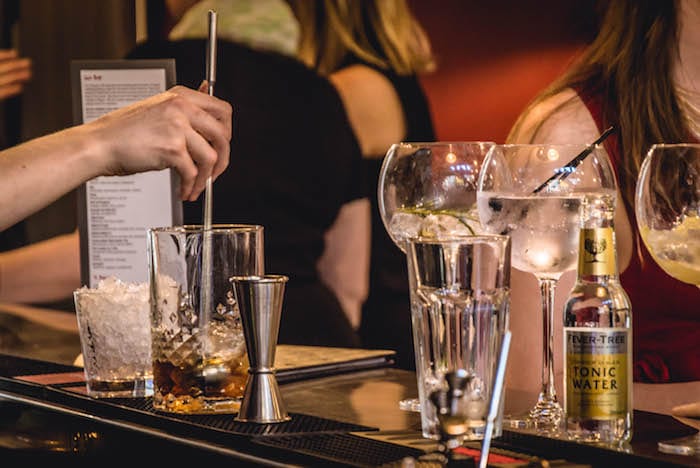
The number of licensed premises in Britain fell by a net figure of nearly 6,000 in 2020, a 5.1% contraction of the market, according to the latest data from Manchester consultancy firm CGA and AlixPartners.
The Market Recovery Monitor shows that the COVID-19 pandemic and wave of lockdowns contributed to a net decline of 5,975 sites, with casual dining, independents and city centre operators among those hardest hit
The turmoil of 2020 led to the permanent closure of 9,930 sites, with only 3,955 opening for the first time.
It means that for every new opening in the market last year there were 2.5 closures – close to double the ratio of 1.3 in 2019.
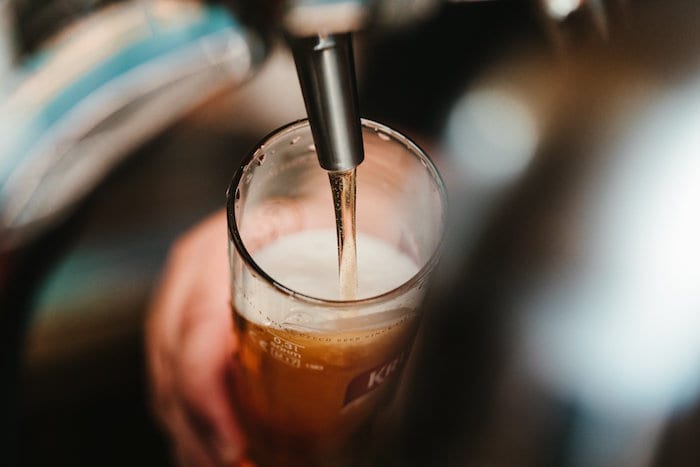
The Market Recovery Monitor measures the scale of the damage wrought by the pandemic on hospitality businesses, and forecasts many more closures in 2021.
It highlights in particular the significant impact on the casual dining sector, where total site numbers dropped by 9.7% in 2020, and 3.8 permanent closures for every new opening.
The community, food and high street pub segments all saw numbers fall between 3.9% and 5.1%.
The sports and social club sector, which has suffered from bans on events and socialising, recorded a decline of 6.2%.
Britain’s biggest city centres have been hit hard.
The data shows that Manchester had 4.1% fewer licensed premises in December 2020 than it did a year earlier.
In terms of numbers, there were 631 total sites in Manchester city centre in December 2020, compared to 658 in December 2019.
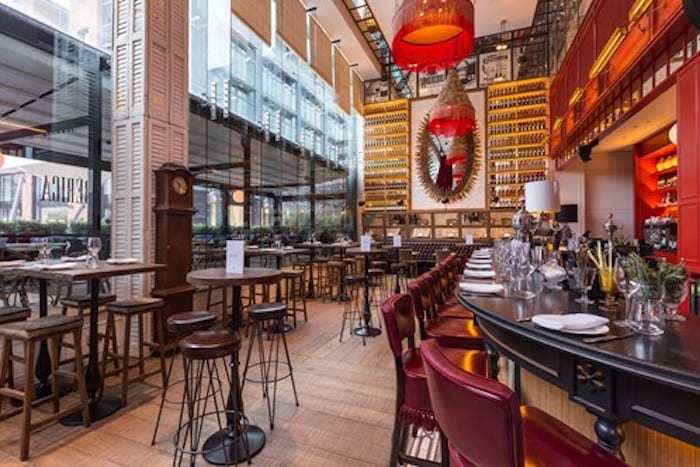
London had 4.5% fewer licensed premises, and there was a similar drop in Glasgow (down 4.7%).
Worst hit was Birmingham city centre (down 8.5%), but better protected were Edinburgh (down 0.7%) and Liverpool (down 1.7%).
With the vast majority of office teams likely to be working from home for several months yet, there are many more closures to come in city centres.
“Our report takes stock of the huge damage wreaked by the pandemic on the licensed sector in 2020,” said Karl Chessell from CGA.
“With stop-start trading for much of 2020 and a widespread shutdown during what should have been a bumper Christmas, nearly 10,000 licensed venues have not been able to make it through, and it is sadly inevitable that thousands more casualties will follow.
“After such a bleak Christmas it is difficult to be optimistic about the market.
“But consumers are desperate to get back to eating and drinking out, and we can be confident that footfall and sales will return when the sector can finally reopen.
“In the meantime, the case for government support over the next few months is urgent and compelling.
“There are better days to come, but the sector will be in survival mode for some time yet.”
- This article was last updated 4 years ago.
- It was first published on 22 January 2021 and is subject to be updated from time to time. Please refresh or return to see the latest version.
Did we miss something? Let us know: [email protected]
Want to be the first to receive all the latest news stories, what’s on and events from the heart of Manchester? Sign up here.
Manchester is a successful city, but many people suffer. I Love Manchester helps raise awareness and funds to help improve the lives and prospects of people across Greater Manchester – and we can’t do it without your help. So please support us with what you can so we can continue to spread the love. Thank you in advance!
An email you’ll love. Subscribe to our newsletter to get the latest news stories delivered direct to your inbox.
Got a story worth sharing?
What’s the story? We are all ears when it comes to positive news and inspiring stories. You can send story ideas to [email protected]
While we can’t guarantee to publish everything, we will always consider any enquiry or idea that promotes:
- Independent new openings
- Human interest
- Not-for-profit organisations
- Community Interest Companies (CiCs) and projects
- Charities and charitable initiatives
- Affordability and offers saving people over 20%
For anything else, don’t hesitate to get in touch with us about advertorials (from £350+VAT) and advertising opportunities: [email protected]
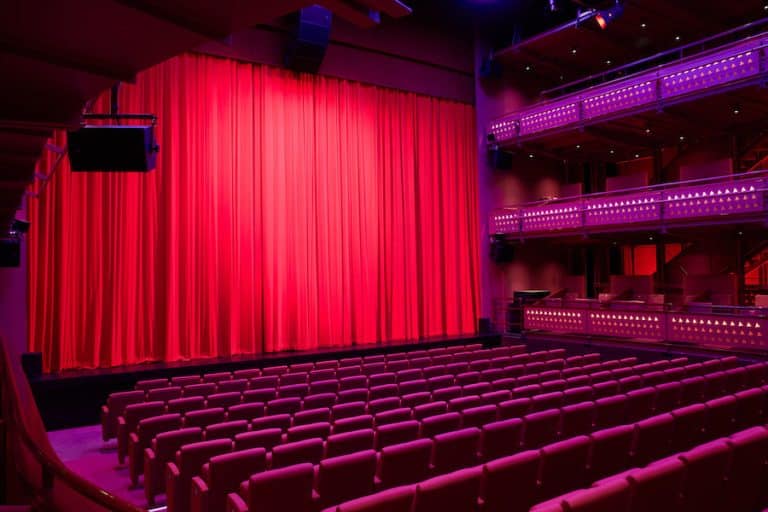
LOWRY’s Quays Theatre gets a plush new look thanks to award
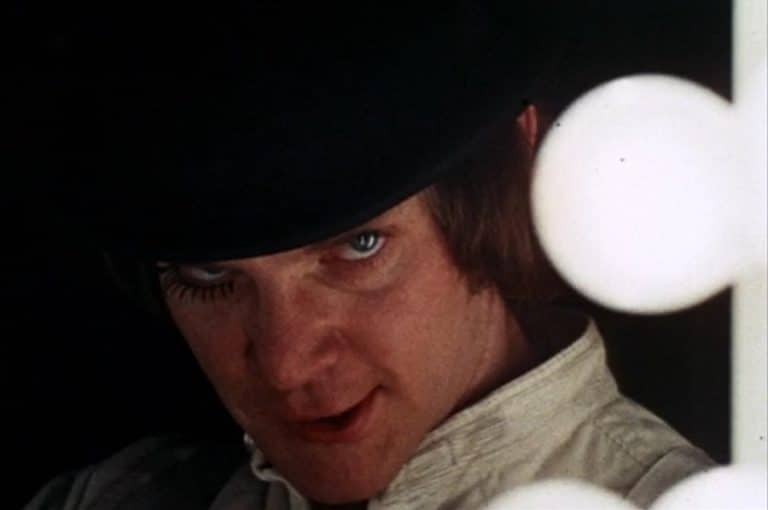
What is the legacy of Manchester’s most controversial (and maybe best) novel?

Big Issue, bigger heart: Manchester comes together for Colin
